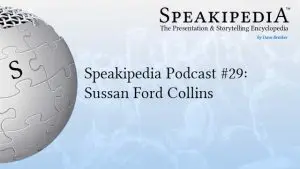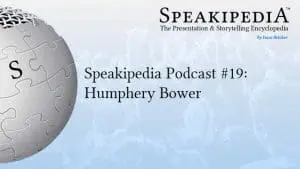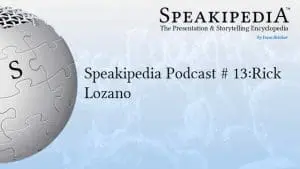Ideas are “intellectual property.” I.P. includes print-based material like books and articles and scripts, music and video, and also logos and names. As authors, speakers, and thought leaders, we make our living from our intellectual property, and we rely on copyright protections to ensure it isn’t stolen.
Copyright applies mostly to written work (including sheet music), and audio and video recordings. Copyright is technically granted at the moment of creation, but in the case of a conflict, it helps to be able to prove that you came up with an idea first.
In music, you can copyright a melody but not a chord progression, which means a musical artist can create a different melody to a popular song and copyright that as their own. A number of large lawsuits have dealt with determining whether one song is a copy of another or not.
In the US, most authors copyright a book or printed work by filing a copyright application with the Library of Congress at https://copyright.gov for US$35.
Some authors mail a printed copy of their work or a flash drive to themselves, which gives them a sealed, post-marked envelope that documents the time of creation. This “poor man’s copyright” is cheaper than a formal copyright but could be more difficult to defend.
If you post frequently on a blog, website, or social media, it’s unreasonable to file multiple copyright applications daily. It could be worthwhile to send yourself a quarterly database backup on a flash key that would document the time of your content‘s creation, though a dishonest challenger could manipulate the dates of their own files. Be sure to claim copyright over all your material somewhere on every page of your website.
This at least alerts others that you claim ownership of your ideas, and do not give your consent for others to “borrow” them.





